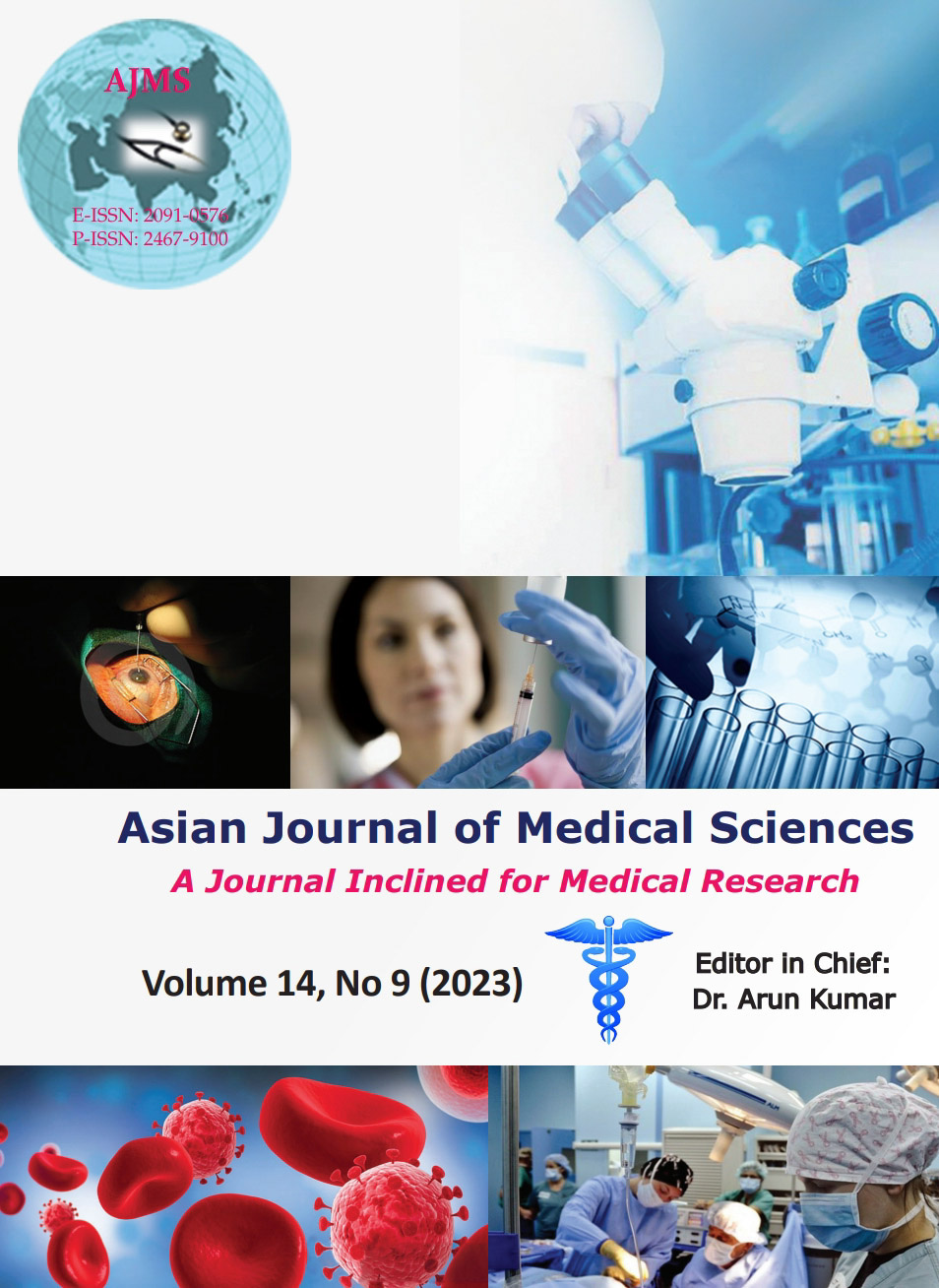A cross-sectional study to determine association between sleep quality and mental health of medical faculty from a tertiary care center of India
Keywords:
Sleep quality; Sleep; Depression; Mental health; Health personnelAbstract
Background: Sleep quality is very important for the mental health of individual. The sleep quality and mental health have bidirectional relation and mean that the poor mental health affects the one’s sleep quality or poor sleep quality affects the mental health.
Aims and Objectives: The objective of the study was to document the relation between sleep quality and mental health of medical faculty. The secondary objective of the study was to identify the determinants of quality of sleep and mental health.
Materials and Methods: This was cross-sectional study done between August and November 2021 after the second wave of COVID-19. Pittsburgh Sleep Quality Index Scale (PSQI) was used to access sleep quality and Zung Self-Reporting Depression Scale (ZSDS) was used to access the metal health. All the medical faculty of medical institutes were included in the study and three attempts were made to enroll them in study.
Results:
Cronbach’s alpha for PSQI for this study was 0.80 and for ZSDS was 0.69 both were in an acceptable range. This study reported that 60.2% of participants have good quality of sleep while 16.3% of participants have recorded in mild or moderate ZSDS score. Exercise and chronic disease condition have statistically significant difference with ZSDS score. Remaining all the lifestyle-related habits do not have any significant association either with PSQI or ZSDS.
Conclusion: Although there was no statistically significant difference between quality of sleep and ZSDS score, the mean score was higher of those participants who categorized as mild or moderate Zung score in comparison to those who categorized as normal.
Downloads
Downloads
Published
How to Cite
Issue
Section
License
Copyright (c) 2023 Asian Journal of Medical Sciences

This work is licensed under a Creative Commons Attribution-NonCommercial 4.0 International License.
Authors who publish with this journal agree to the following terms:
- The journal holds copyright and publishes the work under a Creative Commons CC-BY-NC license that permits use, distribution and reprduction in any medium, provided the original work is properly cited and is not used for commercial purposes. The journal should be recognised as the original publisher of this work.
- Authors are able to enter into separate, additional contractual arrangements for the non-exclusive distribution of the journal's published version of the work (e.g., post it to an institutional repository or publish it in a book), with an acknowledgement of its initial publication in this journal.
- Authors are permitted and encouraged to post their work online (e.g., in institutional repositories or on their website) prior to and during the submission process, as it can lead to productive exchanges, as well as earlier and greater citation of published work (See The Effect of Open Access).




